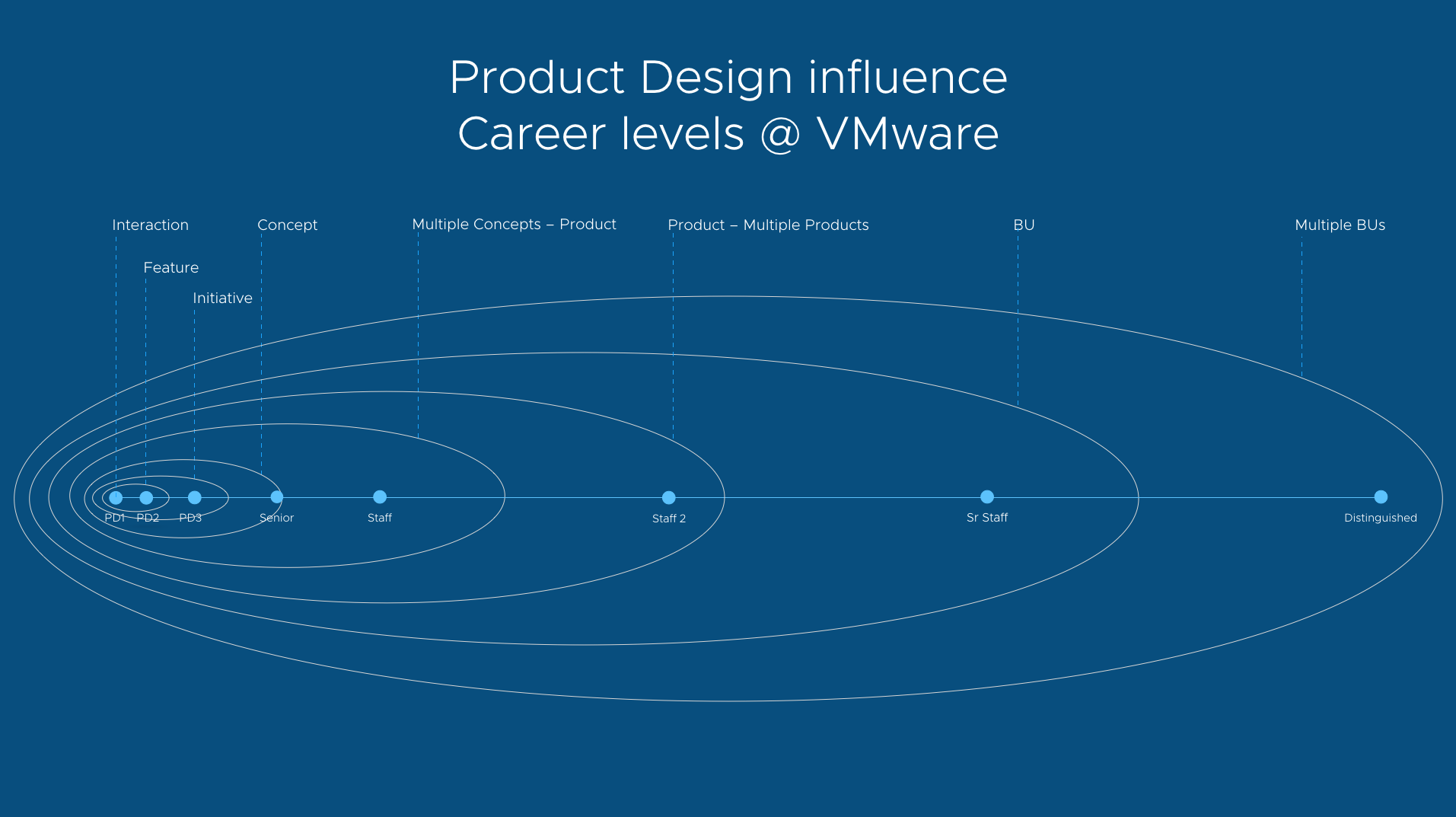The surprising impact of sending thank you notes
Every week, I spend fifteen to thirty minutes sending thank you notes. I send them to members of my team, the larger cross-functional teams, and others across the organization. It's become a ritual for me and a ritual that is both satisfying and pays dividends in my relationships
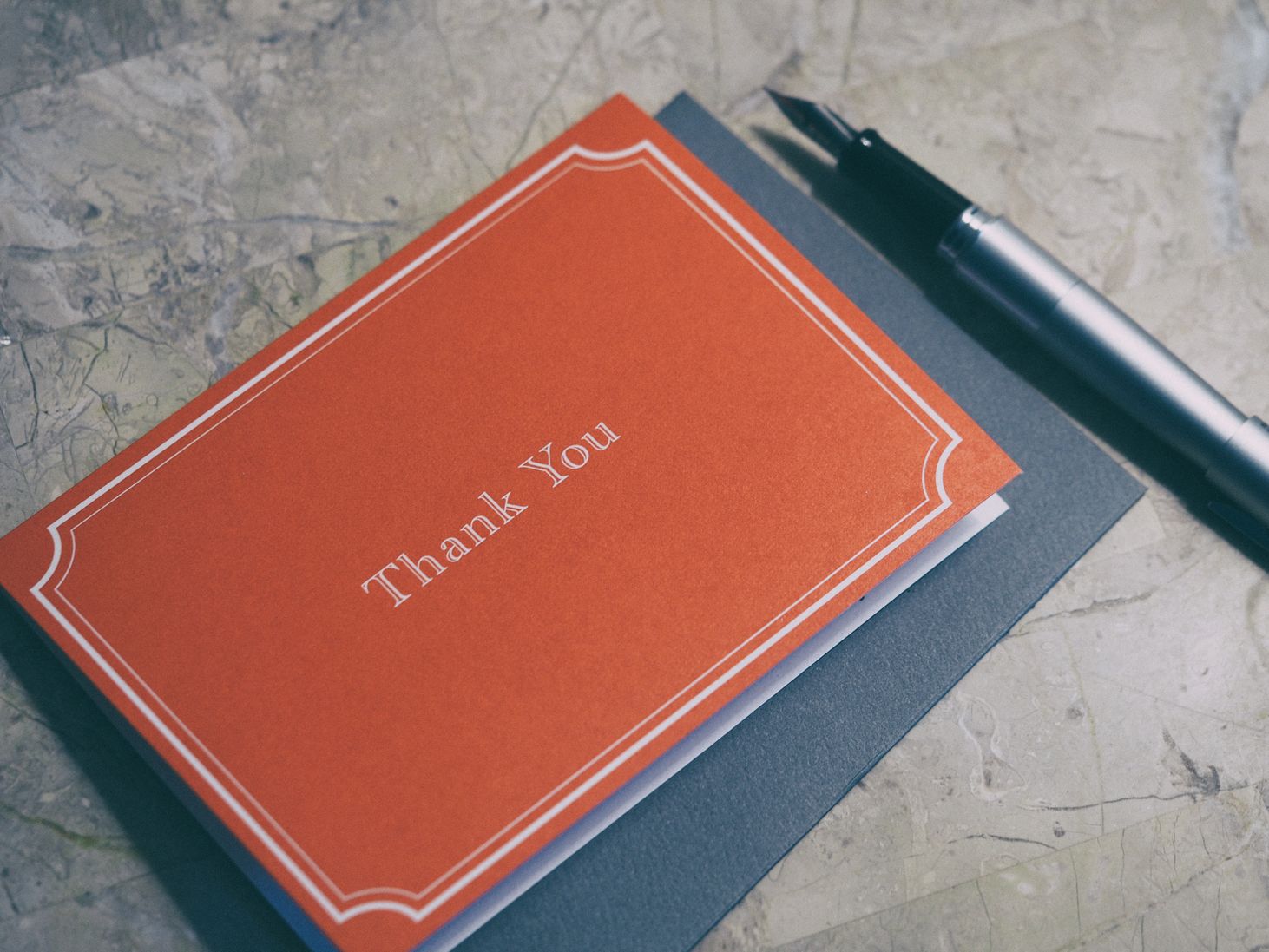
Embrace the uncertainty
Lately, I’ve been enjoying jigsaw puzzles. Working on puzzles has been a relaxing activity for my wife and I to do together with The Office running in the background on near-silent since we’ve already memorized the episodes. Solving puzzles is the perfect activity to create enough of a
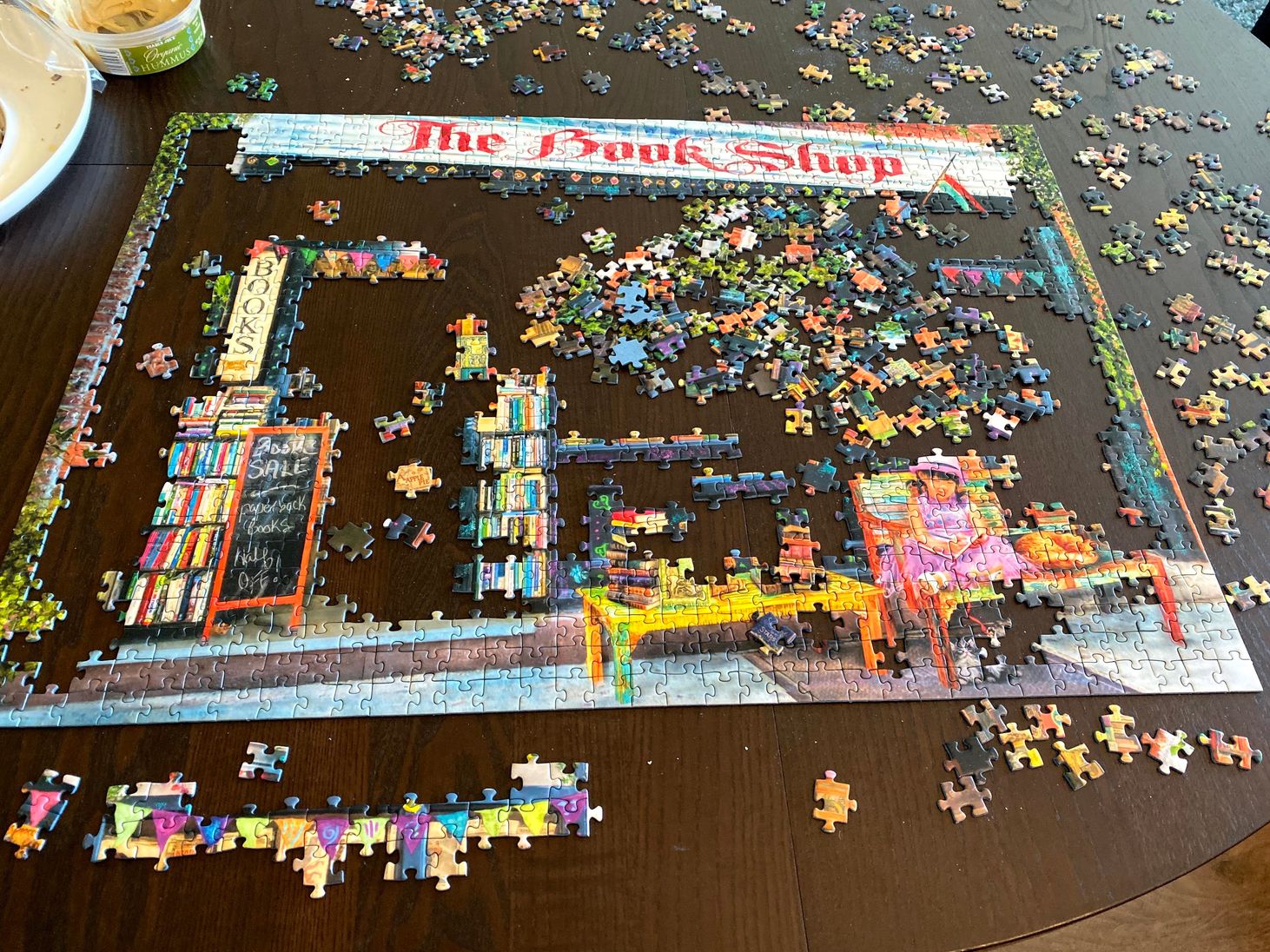
Making the case to decision makers: the presentation format to follow
I wrote before about the five questions you should be asking yourself [https://www.mynameisjehad.com/few-questions-to-ask-before-preparing-your-next-work-presentation/] before putting together a presentation. These questions should offer guidance on what you need to think about as you prepare your content, but they don’t offer a simple format to articulate that

The single pane of glass or the single glass of pain
One of the biggest user experience and product strategy challenges in large companies is the proliferation of products and services that try to address the same needs. There are many reasons why companies have so many products targeting similar personas with slightly different features and levels of quality. However, much

I hate acronyms
With dozens of new designers joining our team over the past few months, acronyms have been one of my enemies in making sure we’re building an easy on-boarding process and a more inclusive culture. A few years ago, I read an email that is supposedly sent by Elon Musk
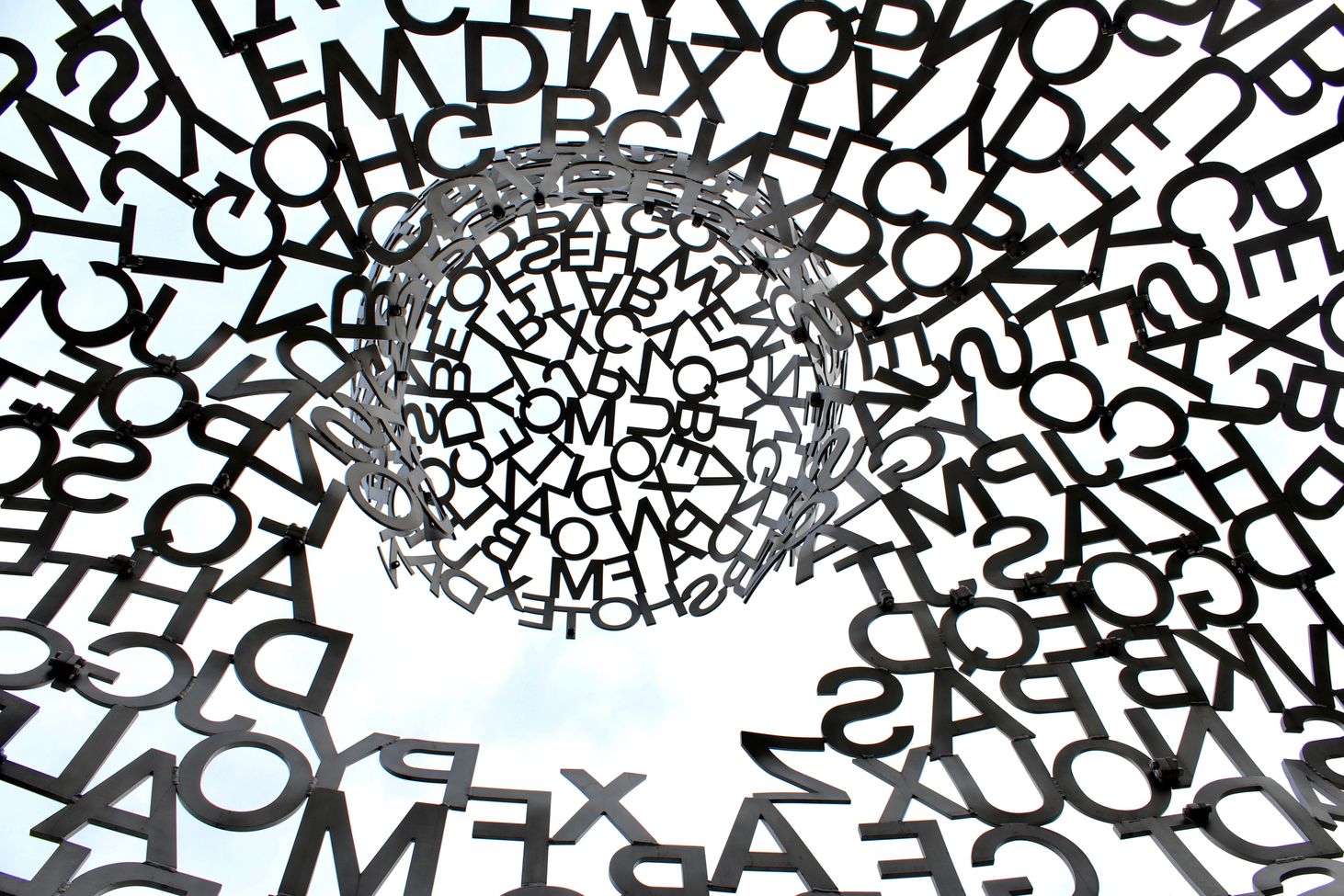
Design-led vs experience-led and why it matters
Over the last few years, as more organizations started accelerating their investment in design teams, many design leaders have been advocating to move from engineering or product management-led to “design-led” organizations. I probably hear this once a week in an interview, a conversation with a design leader, or a coffee
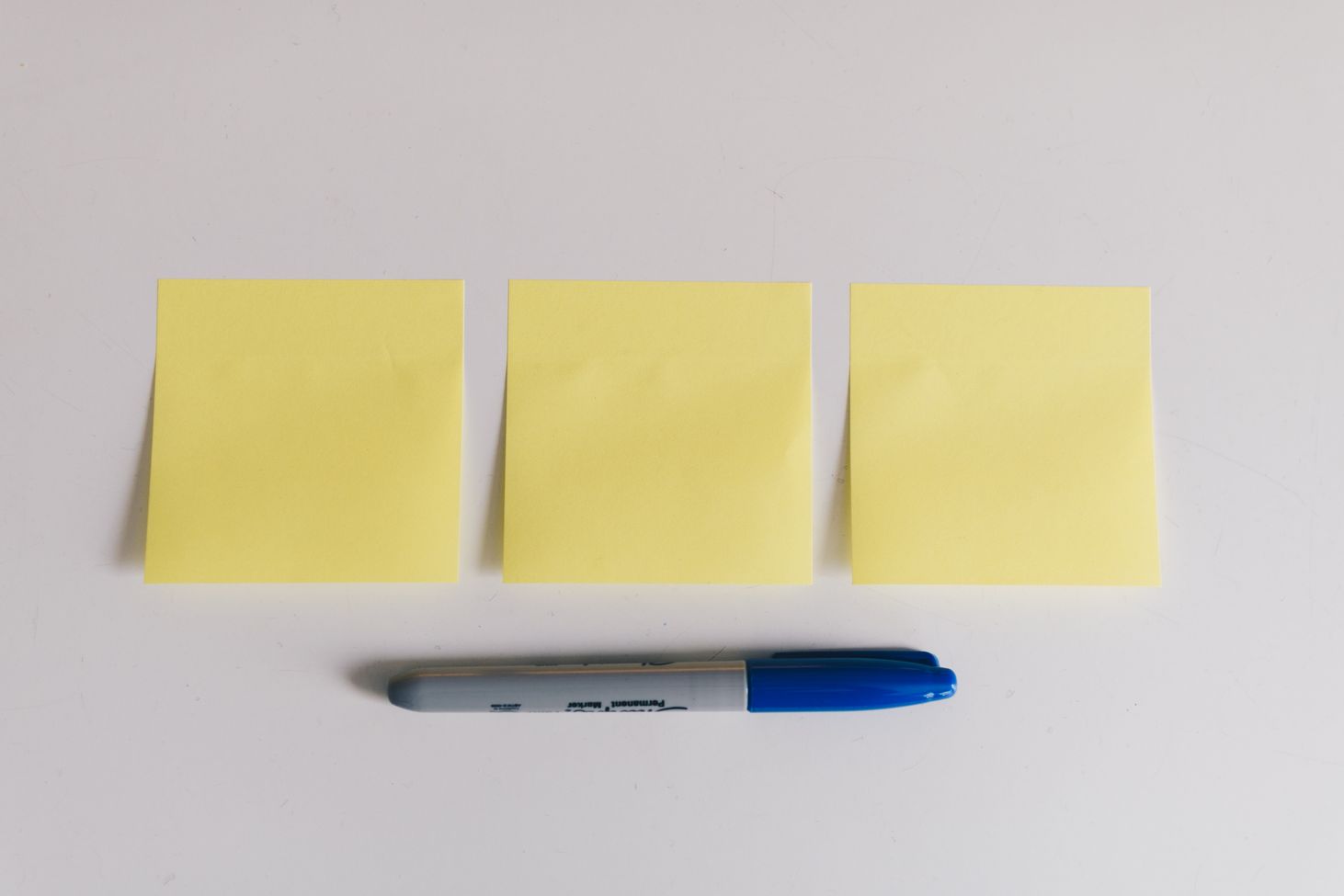
Keep asking the "basic" user experience questions
Over the last few months, we’ve been focusing a lot of our work on ensuring we’re telling end to end stories [https://medium.com/vmwaredesign/multi-layered-design-stories-7a2204dec40f]. These end to end stories focus on a specific outcome that a specific persona, or set of personas, want to achieve. In

Empathy at work
In design, we often call out empathy as one of the core skills a designer needs to have in order to deeply understand their customers and hands on users. To develop empathy, we spend hours with our customers in their environments to understand the pressures they’re under, the pain
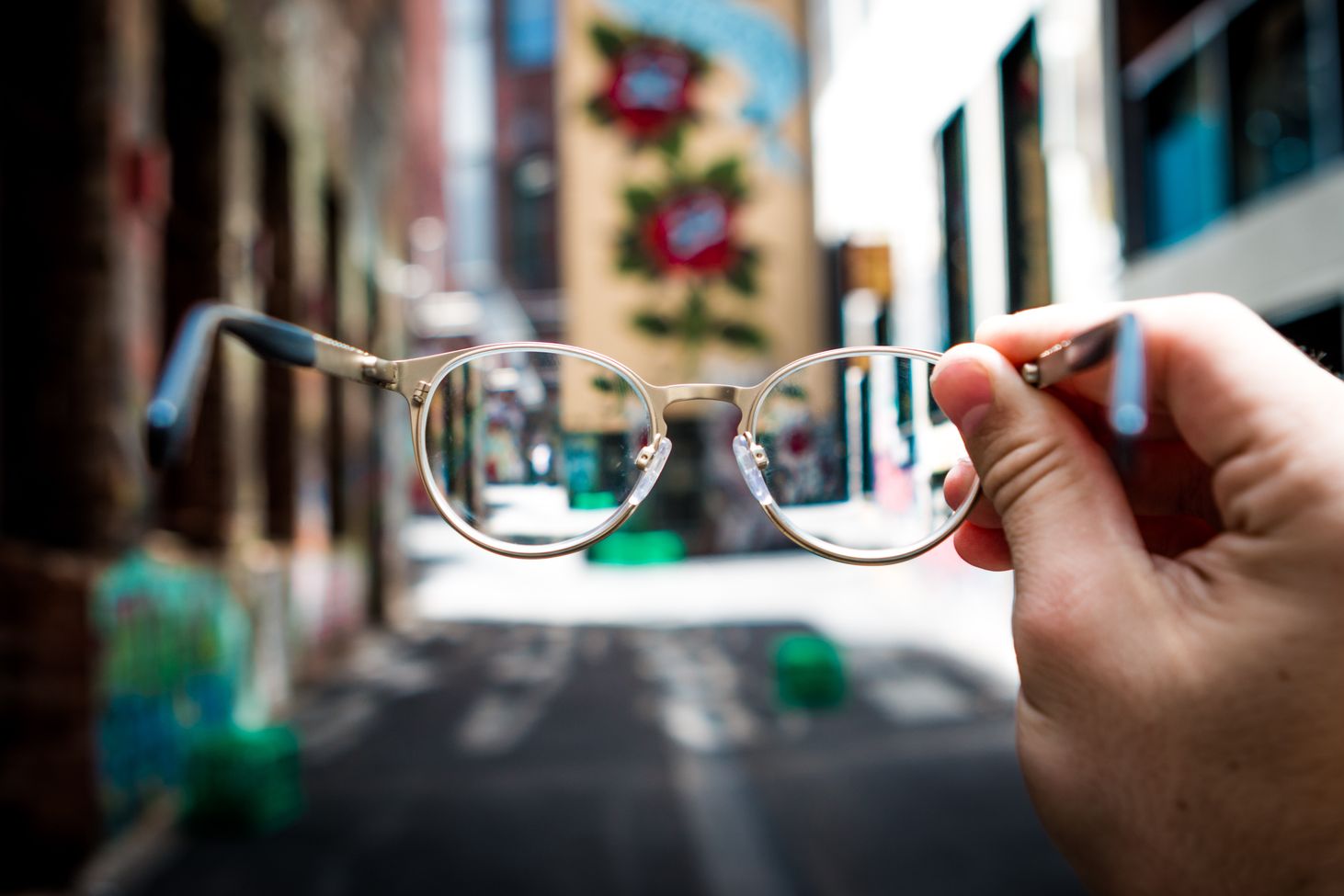
The five elements to good management: ask, listen, take action, empower, and follow up
There isn’t one magic recipe for management. There are many of recipes. The challenge with giving advise to managers, especially in design, is the changing environment in which managers operate. Different environments require different styles of management at different times. Different people have different personalities and imposing a single

Building our product design career development framework
Note that this article focuses on our individual contributor career development framework. With a fast-growing team, building a robust career framework becomes a necessity. The goal of our framework is to facilitate ongoing conversations between a product designer and their manager about achievements, motivations, blockers/constraints, and development opportunities. These
